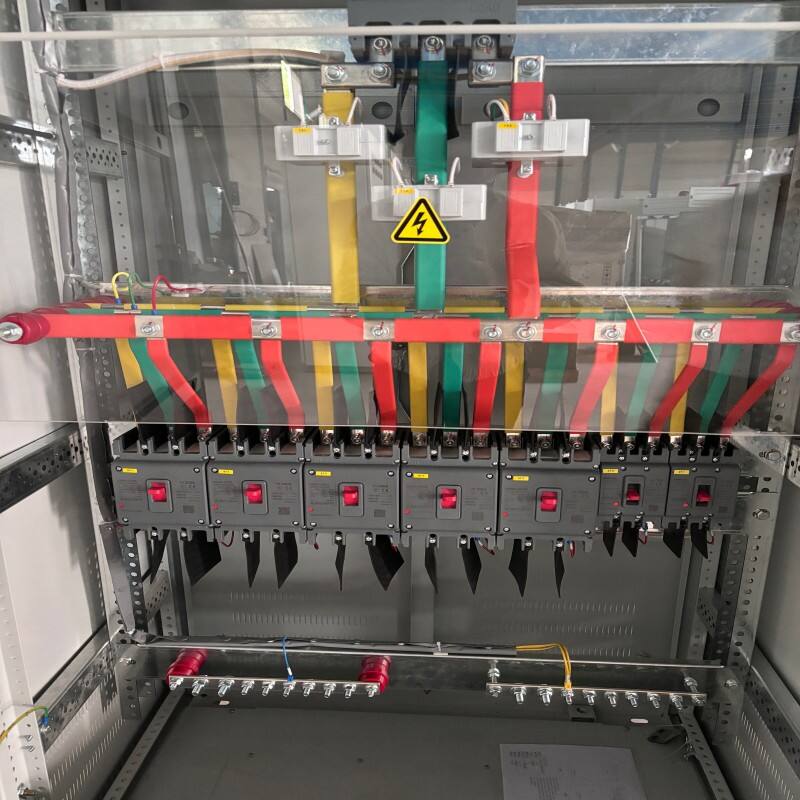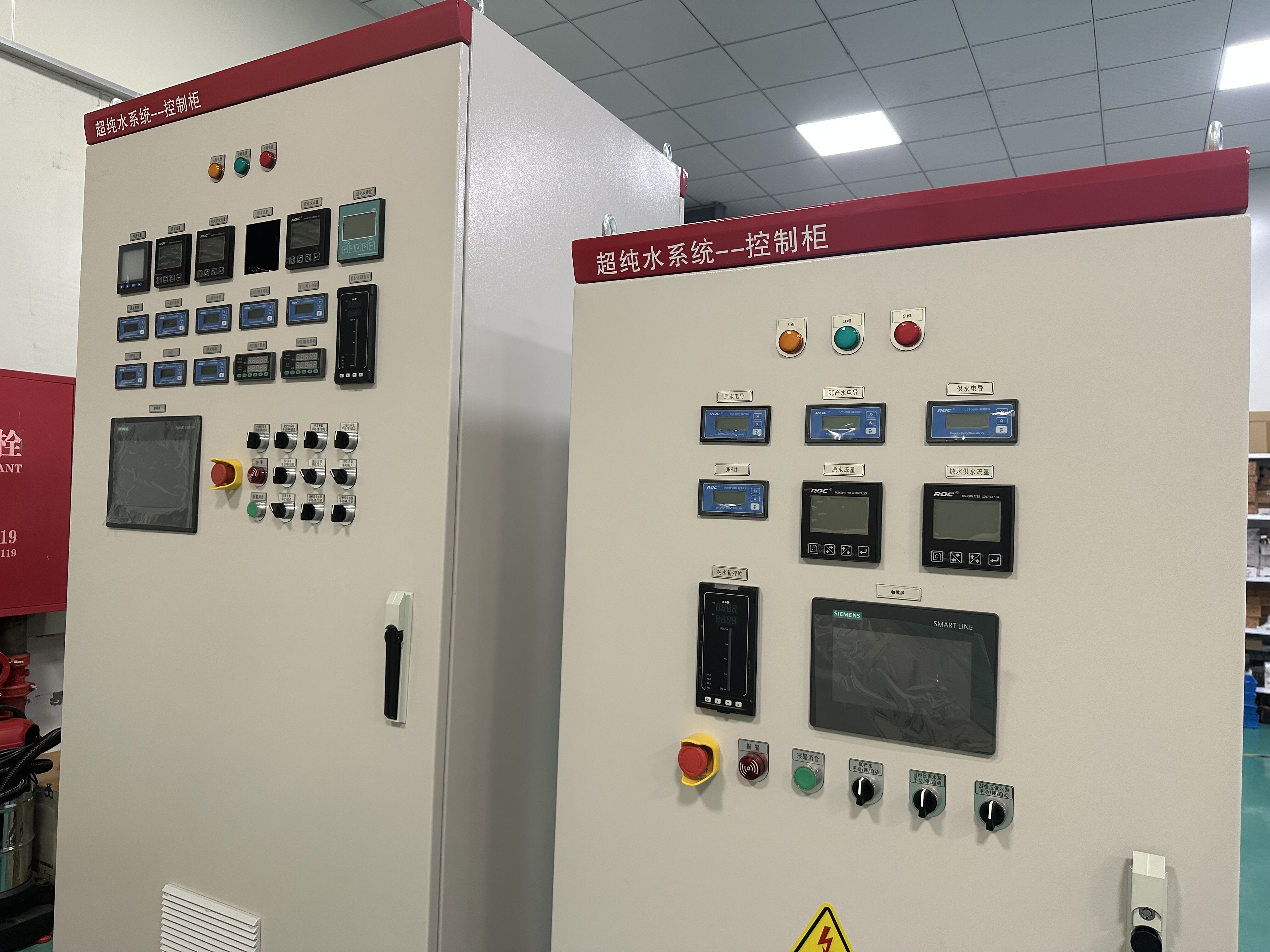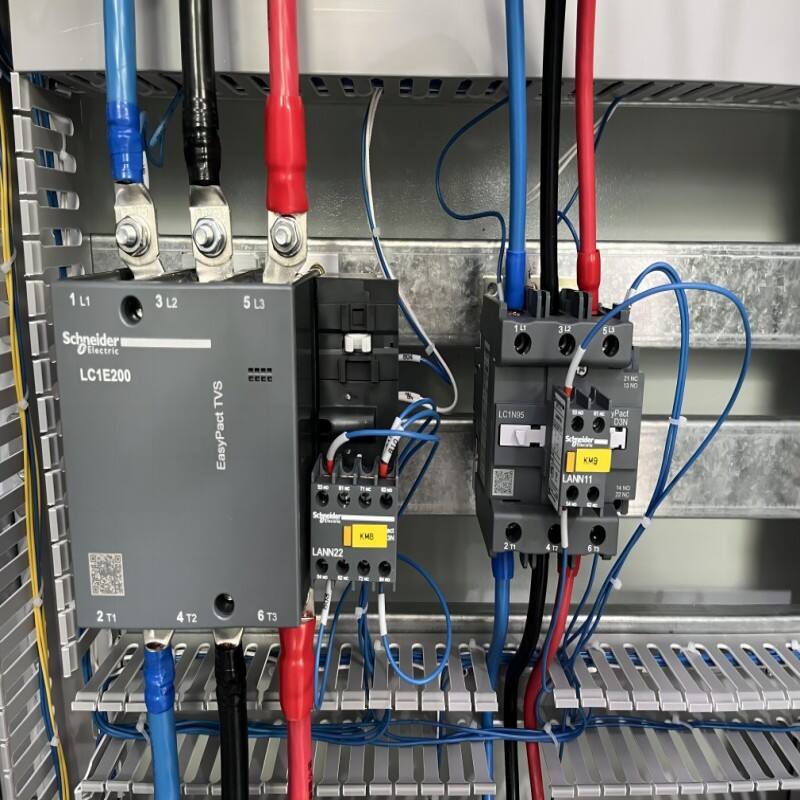industrial control
Industrial control systems are the backbone of modern manufacturing and automation, ensuring seamless operation and efficiency in various industries. These systems are responsible for monitoring and managing equipment and processes, providing the main functions of command, control, and communication. Technological features include advanced sensors, programmable logic controllers (PLCs), and human-machine interfaces (HMIs) that facilitate real-time data processing and decision-making. Industrial controls are applied across sectors such as automotive, chemical, energy, and pharmaceuticals, where precision and reliability are critical. With capabilities to enhance productivity, ensure safety, and reduce waste, industrial control systems are vital to maintaining a competitive edge in today's fast-paced industrial environment.


